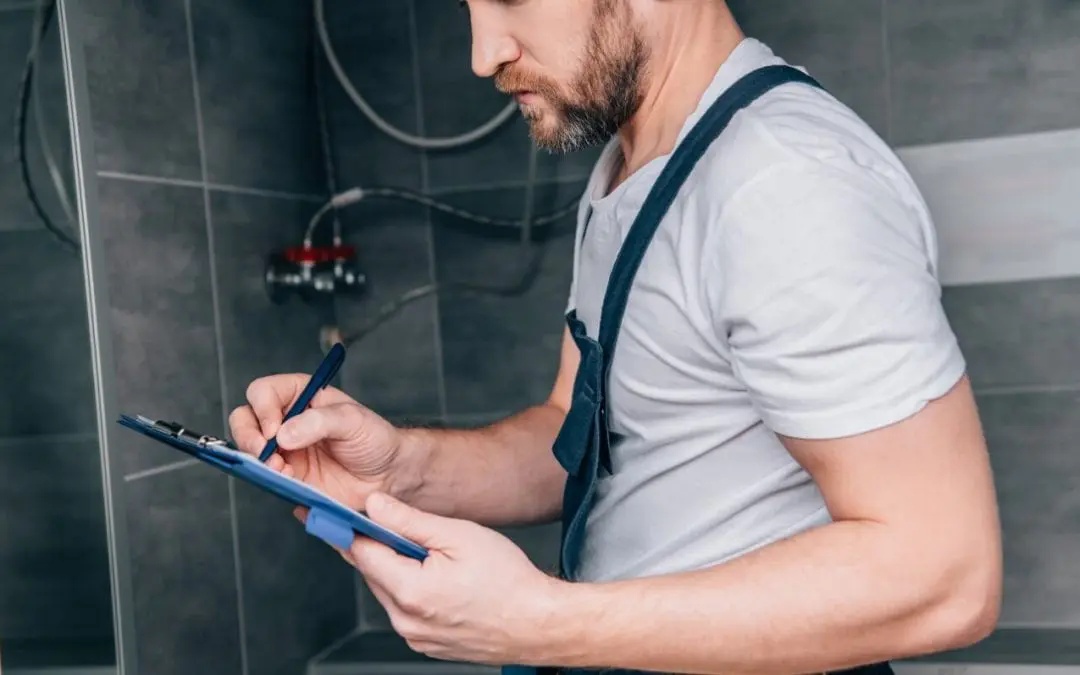It is the goal of every homebuyer to find a house that fits their budget and needs, and it’s important to have the property inspected before closing. As a homebuyer, the inspection helps you identify defects. If you’re a seller, the inspection will help you determine whether the house is valued well or if it requires any major repairs. Here are 7 things to consider when reviewing your home inspection report:
Get a Radon Test with Your Home Inspection Report
Be sure to have the home tested for radon, a carcinogenic gas. If the property has high radon levels, you and your family are at risk of developing lung cancer. Radon is colorless, tasteless, and odorless. Because of this, you won’t know whether radon is a problem in the house until you test for it. Find a home inspector who also offers radon testing so that you can bundle this service with your home inspection.
The Chimney
The home inspection report should inform you about the structural integrity of the chimney. Does the chimney have signs of damage to the interior lining? Are there any signs of corrosion or faults in the masonry? Problems like this can lead to a chimney fire, so it is important to know about them and make any needed repairs.
Flooring
Use the inspection report to determine whether the flooring requires a complete renovation or minor repairs. If the house has wood flooring, the home inspection report should indicate whether there are signs of wood-destroying insects.
Roof Problems in the Home Inspection Report
The inspection report will note any roofing problems in detail. The condition of the roof affects the entire home because it protects the structure and your belongings, and shelters your family.
Carefully read the roofing section of the inspection report and ask the inspector if you have any questions. You probably rarely see your roof up close and the report will include detailed images documenting any concerns. Some inspectors use a drone for an even more thorough inspection of hard-to-reach areas.
Electrical System
The inspection report gives you insight into the state of the electrical system. The inspector will examine the condition of the electrical wiring in the home, outlets, and light fixtures. A faulty electrical system is a fire hazard, so make sure it is safe before you move in.
Water Drainage
The inspector will detail whether the gutters and downspouts are in good condition and functional, and note any issues with the grading around the home. Proper water drainage is key to keeping the lowest levels of the home dry and mold-free.
The HVAC System is Covered in the Home Inspection Report
Your home inspector will document the state of the home’s HVAC (heating, ventilation, and air conditioning) system in the inspection report. The report will also inform you about the condition of the insulation and ventilation.
Before moving forward with your purchase, schedule a home inspection, and thoroughly review the report. Your agent will help you decide which issues, if any, should be addressed with the seller.
TUFF Home Inspections provides home inspection services and radon testing to New Jersey. Contact us to book an inspection.

